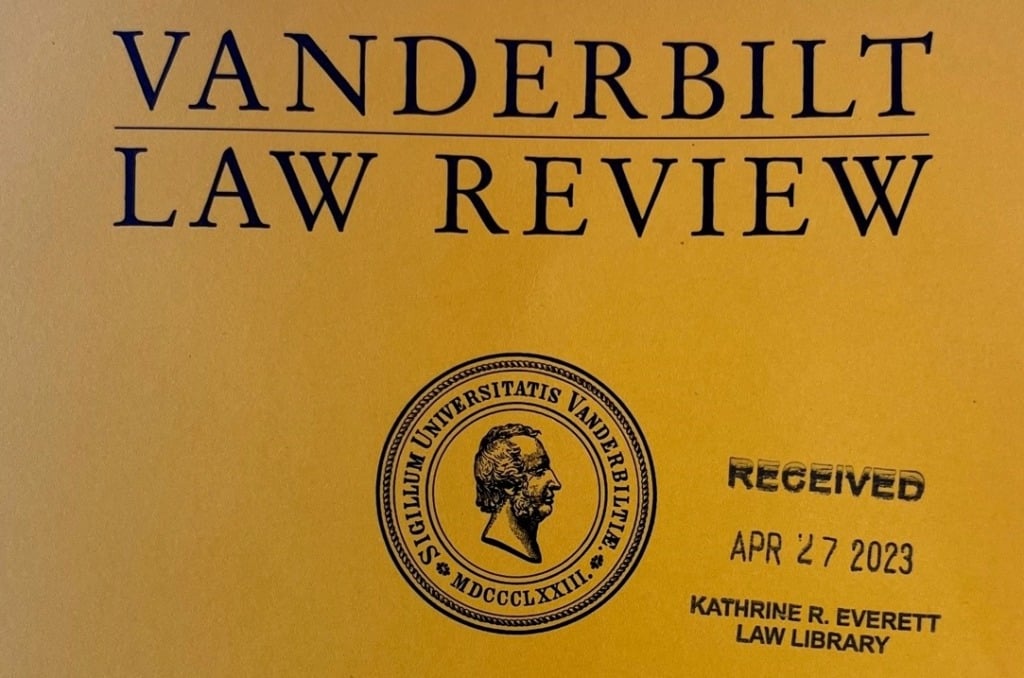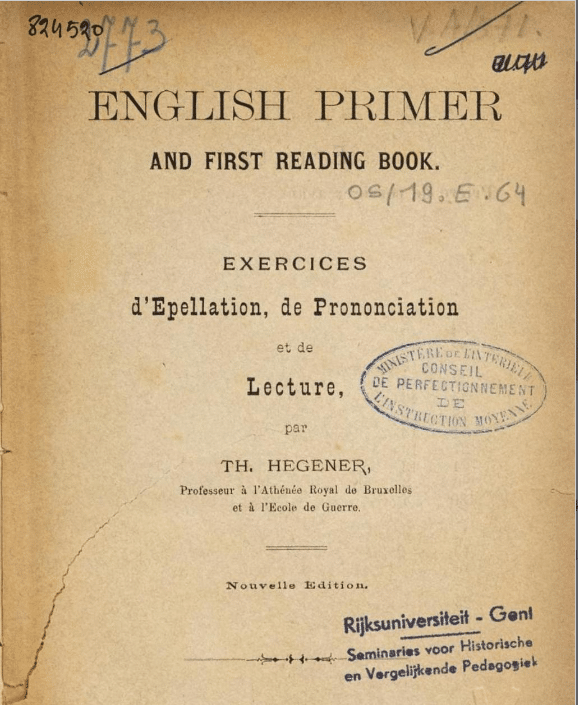Ninth Circuit Creates Split on Serving Motion to Confirm Arbitration Award
How does one serve process to confirm an arbitral award on parties outside the United States? The answer turns out to be quite complicated. In Voltage Pictures LLC v. Gussi S.A. de C.V., the Ninth Circuit charted a careful path through the maze of interactions between the Federal Arbitration Act (“FAA”) and the Federal Rules…
Continue ReadingNew Decision on Email Service Under the Hague Service Convention
Regular TLB readers may recall that federal district courts are struggling with an important procedural question: whether they may authorize email service when the defendant resides in a country that is party to the Hague Service Convention. In Smart Study Co. v. Acuteye-U.S., Judge Gregory H. Woods (SDNY) held that the answer is no. The…
Continue ReadingPreliminary Injunctions and the Hague Service Convention
In Whirlpool Corporation v. Shenzhen Sanlida Electrical Technology Company, the Fifth Circuit addressed the interaction between the Hague Service Convention and the preliminary injunction. Briefly, Whirlpool sued Shenzhen in the Eastern District of Texas for trademark and trade dress infringement related to Whirlpool’s “iconic” KitchenAid mixer. (Much like a prior Seventh Circuit case, this one…
Continue ReadingNew Scholarship on the Hague Service Convention
Thomas G. Vanderbeek recently published a note in the Vanderbilt Law Review that considers whether and to what extent parties should be permitted to “contract around” the Hague Service Convention (HSC). The conventional wisdom holds that the best way to avoid the HSC is to appoint a local agent to receive service of process. Once…
Continue ReadingFurther Developments in Smart Study
TLB has been following Smart Study v. Happy Party-001, a Chinese counterfeiting case in the Southern District of New York, since Judge Gregory Woods issued his thoughtful opinion last summer concluding that service by email on Chinese defendants is not permitted by the Hague Service Convention (a decision we covered in a prior blog post)….
Continue ReadingThe Impossibility of Serving Russian Defendants
The Hague Service Convention is a blessing and a curse. By obligating each country that has joined to designate a Central Authority for effectuating service of process on defendants within its territory, the Convention provides a means of service that respects foreign sovereignty, complies with federal rules, and helps ensure the enforceability of resulting judgments….
Continue ReadingA Primer on Service of Process
Serving process on a defendant does two things: (1) it asserts the court’s authority over the defendant; and (2) it provides the defendant with notice of the lawsuit. In the United States, process can be served by private parties. But many foreign states regard service as a public act that can be done only by…
Continue ReadingA Primer on Judicial Assistance Treaties
[This post is one in a series of primers on various topics in transnational litigation. More primers can be found on our topic pages, accessible by clicking Topics at the top of the page.] In transnational litigation it will often be necessary to do something within the territory of another state, such as serve process,…
Continue ReadingSeeking Second Circuit Review of Service in Smart Study
The plaintiff in Smart Study has attempted to appeal Judge Woods’ careful decision concluding that the Hague Service Convention does not permit service by email.
Continue Reading- « Previous
- 1
- 2
- 3
- Next »







